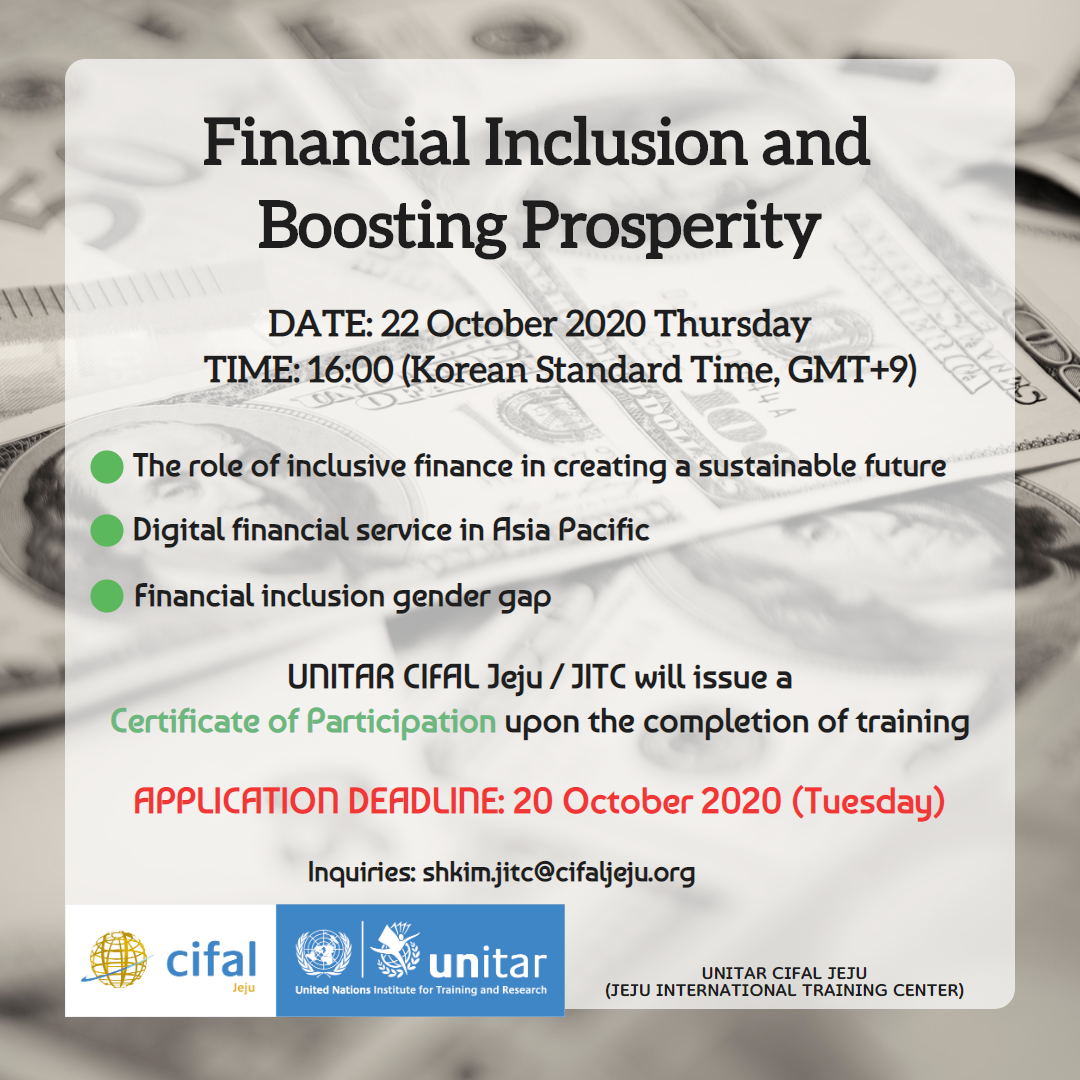Background
According to the latest findings in Global Findex, a comprehensive database on financial inclusion from the World Bank Group, there are around 1.7 billion adults globally without an account. Even this number is supposed to be an improved one since the number was 2 billion 3 years ago - certainly, more needs to be done. Still, women in developing economies remain 9 percentage points less likely than men to have a bank account. Also, three countries with the largest percentages of the world’s unbanked are in Asia – China at 13% (225 million people), India at 11% (190 million people), and Indonesia at 6% (96 million people). The market size for unbanked and underbanked individuals and enterprises is estimated to be between US $55 billion and US $115 billion in the Asia Pacific region.
Financial inclusion means “individuals and businesses have access to useful and affordable financial products and services that meet their needs delivered in a responsible and sustainable way”. As a basis for sustainable development, inclusive finance will be essential in enabling people to escape poverty by facilitating investments in their health, education, and businesses. It should be properly noted that financial inclusion is featured (sometimes explicitly) in at least seven of the seventeen Sustainable Development Goals. These include SDG 1 on eradicating poverty; SDG 2 on ending hunger; SDG 3 on profiting health and well-being; SDG 5 on achieving gender equality; SDG 8 on promoting economic growth; SDG 9 on supporting industry, innovation and infrastructure; and SDG 10 on reducing inequality.
There is a growing body of academic evidence that overall economic growth and the achievement of broader development goals benefit from financial inclusion, especially from the use of digital financial services. According to McKinsey Global Institute, digital finance – payments and financial services delivered via mobile phones the Internet – “could benefit billions of people by spurring inclusive growth that adds $3.7 trillion to the GDP of emerging economices within a decade”. Supported by ever-developing financial service and technologies, digital finance has the potential to “grease the wheels” of economic activities. Inclusive finance can contribute to the achievement of a sustainable economy by enabling more productive economic activities.
Based on this understanding, CIFAL Jeju organizes an online workshop on Financial Inclusion and Boosting Prosperity that aims to support the Asian Pacific government officials and leaders of society for them to make and implement policies for inclusive and sustainable economic development. By partaking in interactive discussions, participants will also be able to share best practices regarding the facilitation of inclusive finance in creating a sustainable future.
Event details
Event type Online workshop
Date & Time 22 October 2020, 4 PM (KST, GMT+9)
Organizer UNITAR CIFAL Jeju / Jeju International Training Center
Certificate UNITAR CIFAL Jeju / JITC will issue a certificate of participation upon the completion of training
Target audience
This online event is open to government officials and personnel from non-profit, civil, and private sectors in Asia and the Pacific region, including focal points for:
economic policy, sustainable finance, financial inclusion
Training (this event) is also open to representatives from the academia, research entities, development agencies and think tanks actively engaged in the areas stated above.
Program
|
Time
|
Detail
|
|
1 hr
|
Pre-session (participants only)
- Group introduction sharing
|
|
5 min
|
Opening remarks
- Sul Kyung Hoon, Director of CIFAL Jeju
|
|
20 min
|
Module 1
- The role of inclusive finance in creating a sustainable future
|
|
20 min
|
Module 2
- Digital financial service in Asia Pacific
|
|
20 min
|
Module 3
- Financial inclusion gender gap
|
|
30 min
|
Group discussion
|
|
20 min
|
Session summary (participants only)
|
Application and deadline
● Apply by 20 October 2020 (Tuesday) at: shorturl.at/bhM36
● Kindly note that only selected applicants will be notified individually
● Inquires: shkim.jitc@cifaljeju.org









